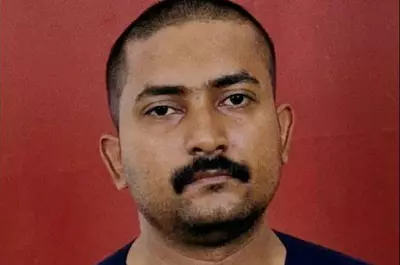India’s first Covid-19 case in January 2020 was reported from Kerala. A medical student who returned from Wuhan, in China, was the first to bring the infection home
Having recorded more than 3.4 million Covid-19 cases and 16,837 deaths from Covid-19 so far, more than half of the country’s new Covid-19 infections have occurred in the southern Indian state of Kerala.
Time to be highly cautious as more virus mutations could spread the disease to unvaccinated people. The state needs to be forceful while enforcing lockdowns, press the pause button for festivals and avoid mass gatherings. In addition, targeted testing and increased genome sequencing are needed to determine where the infections are rising.
India’s first Covid-19 case in January 2020 was reported from Kerala. A medical student who returned from Wuhan, in China, was the first to bring the infection home.
But keeping strictly to test, trace and isolate while involving grassroots networks, Kerala managed to bring down the number of cases.
Targeted testing and increased genome sequencing is needed to find out where the infections are rising.
However, infections spread rapidly during the deadly second wave and now simply refuse to show signs of abating.
This means lockdowns and other measures are immediately needed to tackle the situation.
“Kerala is testing more and testing smarter. By tracing contacts to find out real cases, testing is also better targeted,” says Dr Gagandeep Kang, one of India’s top virologists.
As per the latest antibody tests survey 43 per cent of people above the age of six in Kerala have been exposed to the infection, compared to 68 per cent nationwide.
The fatality rate is a third of India’s national estimate; half of the Covid-19 beds in hospitals are free; and under-reporting of Covid-19 deaths is possibly the lowest in the state, fully vaccinated more than 20% of its people and 38 per cent – including 70 per cent of people over 45 years – have received a single jab, much higher than the national average, according to a report.
There is also a risk in “letting people get infected, even while preventing deaths”, says virologist Dr Shahid Jameel.
The only solace is, “Future waves of infection will not be as severe as the second wave, given the pace at which Kerala is vaccinating its population”, reckons Dr Rijo M John, a health economist.
But currently, the situation in Kerala can be best be termed as a mind-blowing one.











